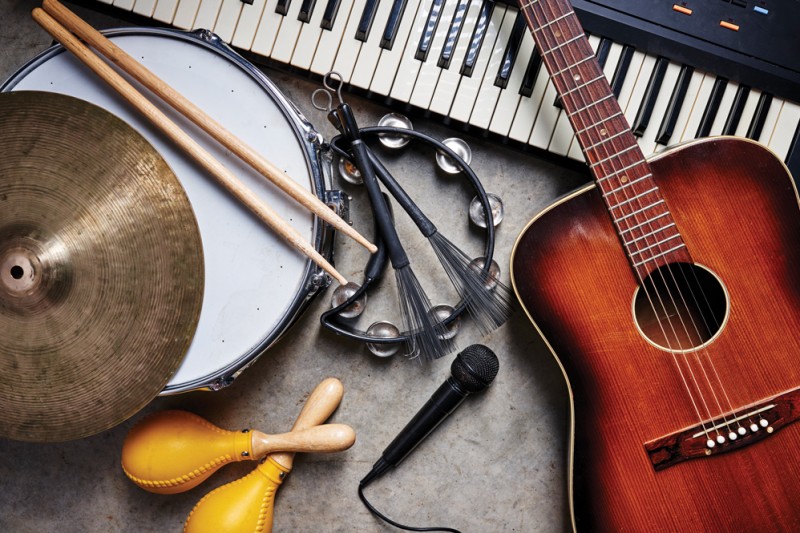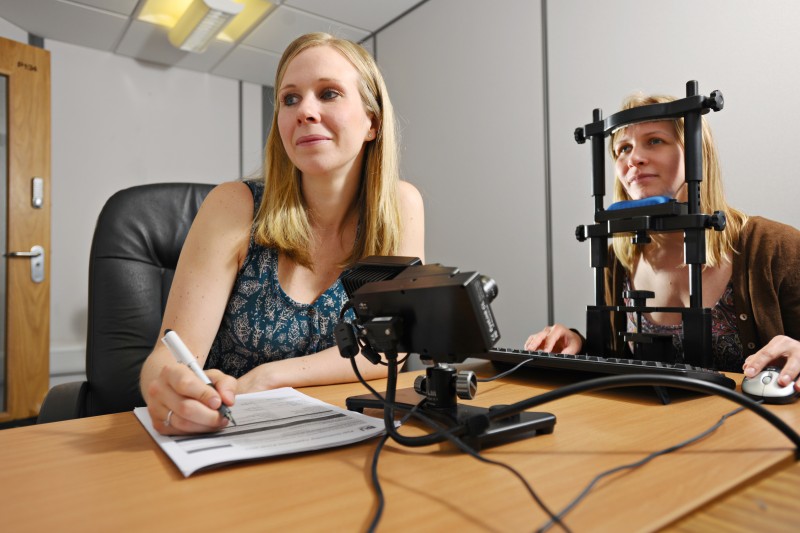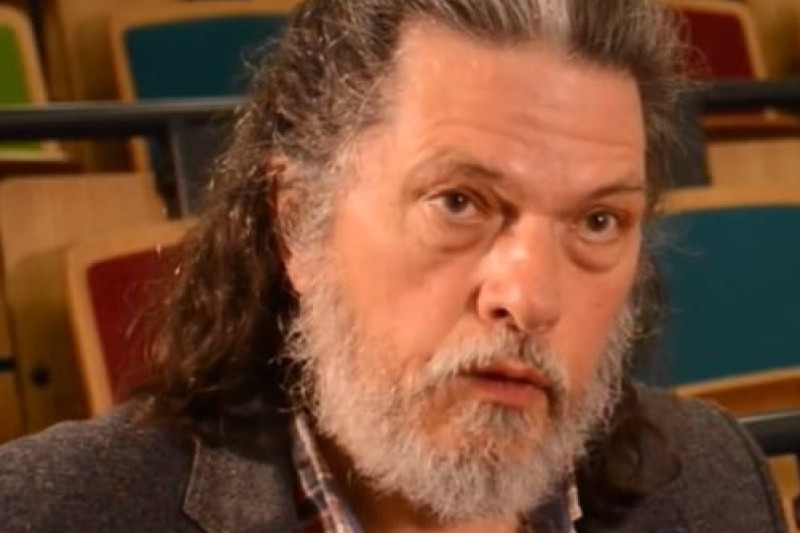Research undertaken at Bournemouth University is looking at ways in which leisure and forms of physical activity, such as dance and music-making, can have an important role in the lives of people seeking asylum.
Dr Nicola De Martini Ugolotti is looking at the ways in which leisure activities can represent opportunities for asylum seekers and refugees for socialisation, belonging and identity in everyday contexts. Rather than being seen as a group of people seeking sanctuary, asylum seekers and refugees in the UK are often portrayed negatively, which can make it difficult for them to feel part of their new societies.
Dr Nicola De Martini Ugolotti is a Lecturer in Sport and Physical Activity at Bournemouth University, and a member of Associazione Frantz Fanon in Turin, Italy. He completed his PhD in Physical Cultural Studies at the University of Bath, after an MSc in Medical Anthropology at the University of Amsterdam, and several years of professional activity as a clinical psychologist with migrants, refugees and asylum seekers in Italy.
His research aims to explore how seemingly mundane activities, such as art and physical activity, really matter in the life of someone who is seeking asylum in the UK or Europe and to see the relevance of these practices in helping to displace or change the narratives about forced migration in the UK.
“Forced migrants are often marginalised and considered to be a problem that needs to be solved or managed, or to be objects of charitable interventions at best,” he says. “They can be viewed as a threat to the UK or as traumatised victims. One of the implications of this which has been highlighted by my research is that to be a refugee means to be stuck in this label where you are just a victim, or a ‘bogus’ refugee, and it’s very hard to escape from those labels.”
Sessions were held with people seeking asylum or refugee status in Bristol whereby the participants could shape the activities themselves to make music, create art and dance. Dr De Martini Ugolotti took part in these with two professional musicians from the Lorraine Ayensu Refugee Arts Fund in Bristol, who supported and facilitated the sessions.
“Being in the sessions helped to build trust and relationships with the participants,” explains Dr De Martini Ugolotti, “This was key, especially for those people who don’t speak English.
“Some of the most insightful parts of the research were not during the interviews but came from being present in these sessions. For example, I was in a session in Bristol and we were sitting in a circle when a woman arrived who hadn’t been there before. She was asked what she would like from this session and she said ‘Well, I just want to laugh because as asylum seekers we don’t get to laugh.’ It was witnessing these kinds of moments that were so valuable for my research.
“These sessions enabled people who are experiencing an extreme loss of control in their lives to start to gain control over something in their lives. The ability to feel, the ability to laugh again, to move again, to be able to sing and enjoy something in a long period of their lives which is usually characterised by destitution, precariousness and plain boredom. It gave them the opportunity to at least shape this time according to their needs and preferences of socialisation and well-being, and the results for some extended beyond the context of the groups.”
Dr De Martini Ugolotti found that these weekly groups really made the difference in some of the participants’ lives:
“As an asylum seeker, it feels like you don’t exist in this world, you don’t have any identity, you feel like an unwanted person [...] it’s very hard, and in that time you need something to forget everything and to feel like you are wanted, you are welcome somewhere, that what I wanted. I think it’s what everyone wanted, to be welcome, to be able to let their guard down, forget everything and feel alive.” (Female participant).
“In this situation, if I didn’t have a place where I could talk, dance or sing, where I could forget just for few seconds all of this I don’t know, I really cannot say, because at the end when I obtained my visa, my mental health was so bad, that having a visa was good, but I was not able to do much with it. It was very hard to have a reason to get out of my room.” (Male participant).
As a result of this research, Dr De Martini Ugolotti reported that participants began to set up their own groups for leisure activities. Despite obstacles such as funding and the availability of venues, these initiatives show the commitment and endurance of some of the group participants to maintaining spaces, moments and practices that made a difference in their attempts to make Bristol and Britain, home. Dr De Martini Ugolotti is still collaborating with them and the charities involved in the project to support and keep these groups going.
Dr De Martini Ugolotti received internal funding from BU’s Charity Impact Fund in 2016 which helped to fund this research in Bristol. The aim of the Fund is to support the development of collaborative research with charities.
The funding covered room hire costs, bus tickets for the participants and the time for him to carry out the research. He said “The funding I received made a huge difference. The project wouldn’t have happened otherwise. It made a difference for me and for the group to have these resources.”



